This volume has been designed to present a selection of discussions by contemporary Indian philosophers on problems of current philosophical concern. It has not aimed at providing accounts of any of the traditional systems of Indian thought. At the same time, unlike in the case of compiling volumes on contemporary philosophical thinking in other countries, an editor concerned with Indian philosophy is confronted by the fact that there is a tremendous corpus of classical writing that constitutes India’s philosophical heritage and that many Indian philosophers today are occupied with its exegesis. The relation of the contemporary Indian philosopher of this heritage is something to which, say, the relation of an American thinker to the pragmatist movement, or of a British thinker to the empiricist tradition, or of a German thinker to Kant and Hegel, scarcely offers a parallel. The traditional way, in philosophy as in society itself, is still very much alive in India. For this reason some contributions have been included which reflect this tradition, a tradition which is eager to vindicate its relevance, indeed its modernity.
This collection of essays provides the specialist, and also the layman interested in philosophy, with examples of the best philosophical work being done in India today. Indologists and Sanskrit scholars have for generations had access to Indian expositions of ancient texts. Rather less has been known about what is being done in fields of recent and current interest. Indian philosophers today are part of a worldwide community of scholars as concerned with technical logical problems, with analysis and phenomenology, as philosophers anywhere else and this is what this book reflects. It also shows the younger philosophers, many of whom have studied outside India, engaged in the cut and thrust of contemporary debate. Indian philosophers have the advantage of not having been swept off their feet by any one of the movements in contemporary philosophy. But they are alive to them all and have their own contribution to make to on-going discussions. The reader will find treatments of the mind-body problem, the nature of moral language, the experience of nothingness in Buddhism and Existentialism, and an analysis of aesthetic experience, to mention only a few of the chapters in this lively book.

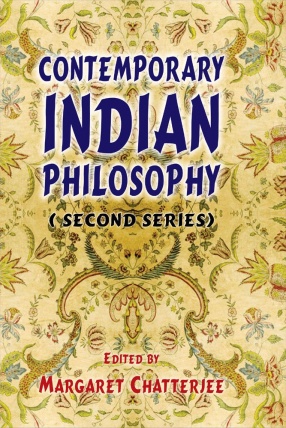
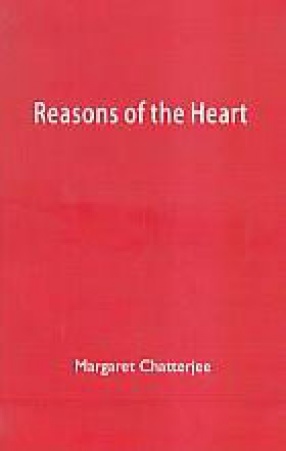
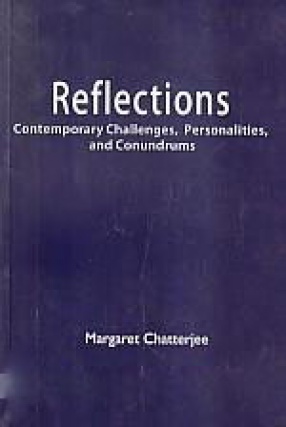
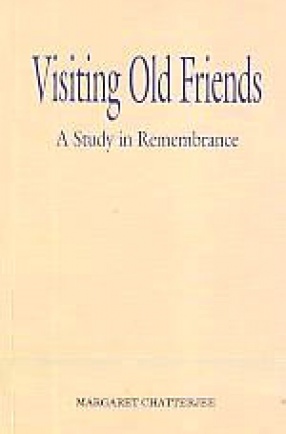
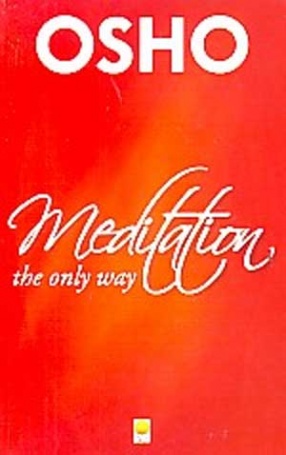
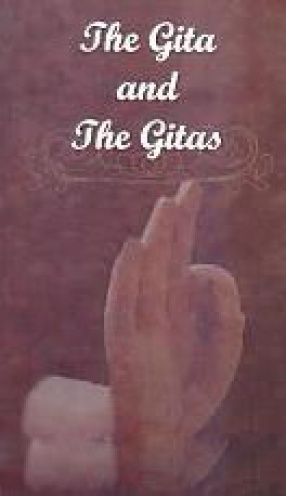
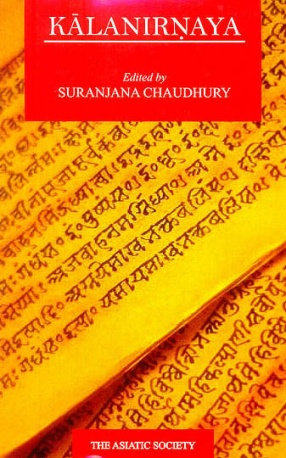
There are no reviews yet.